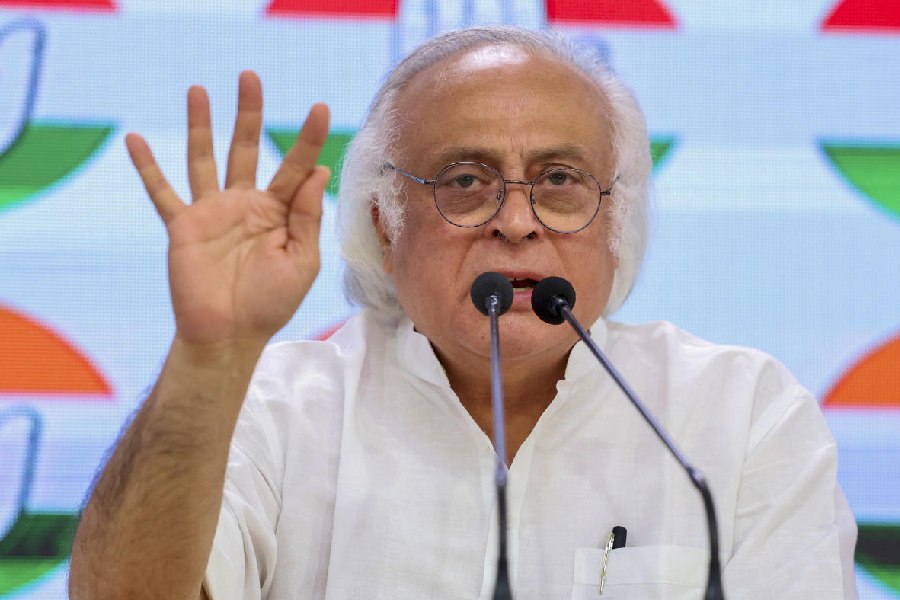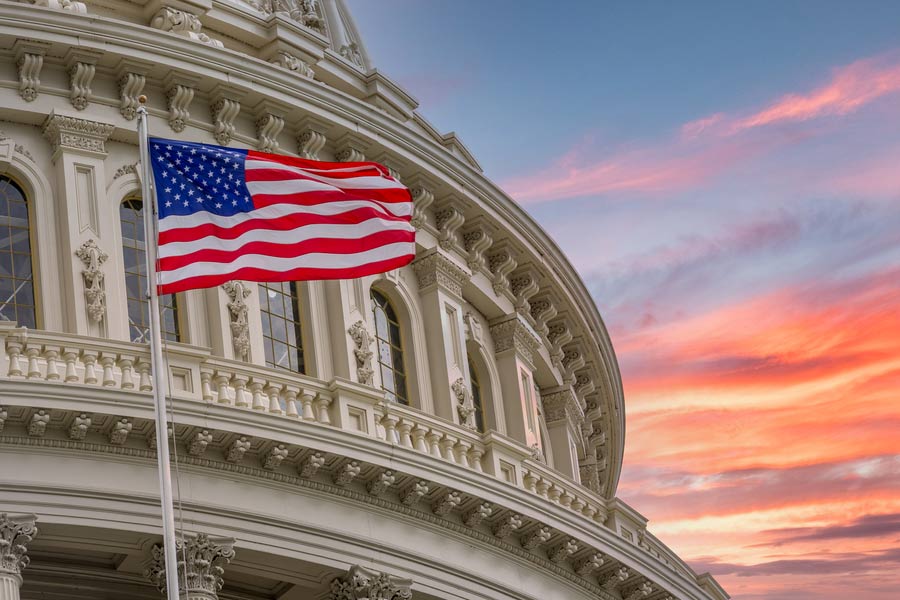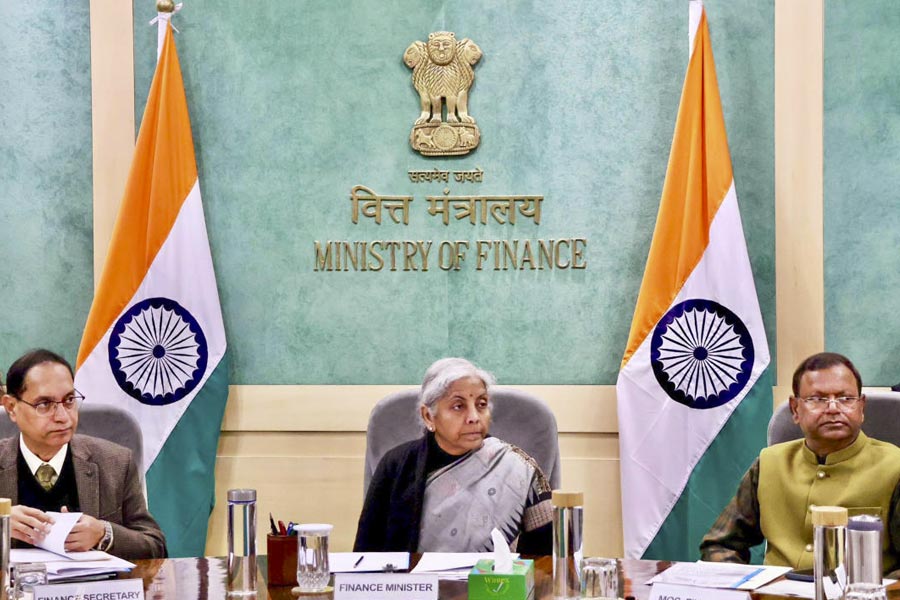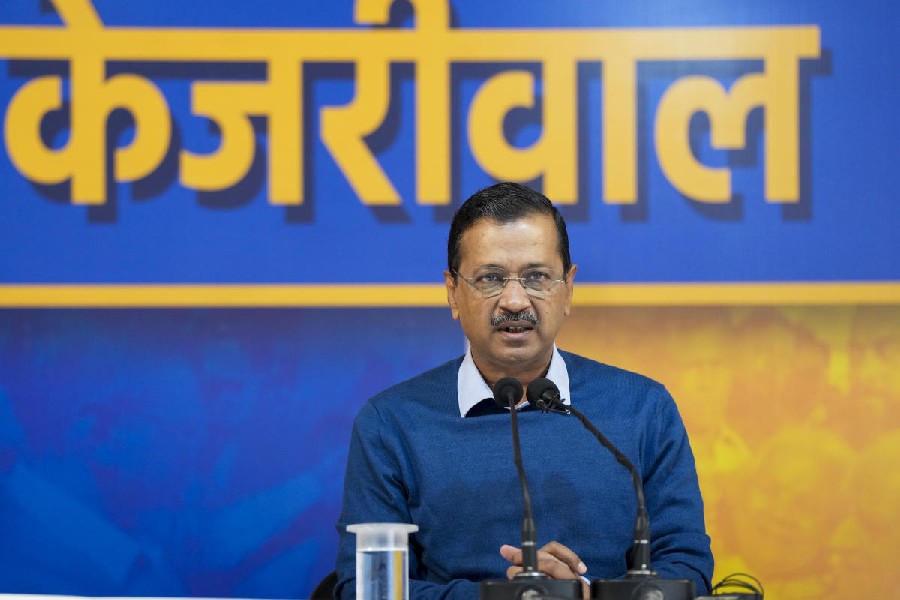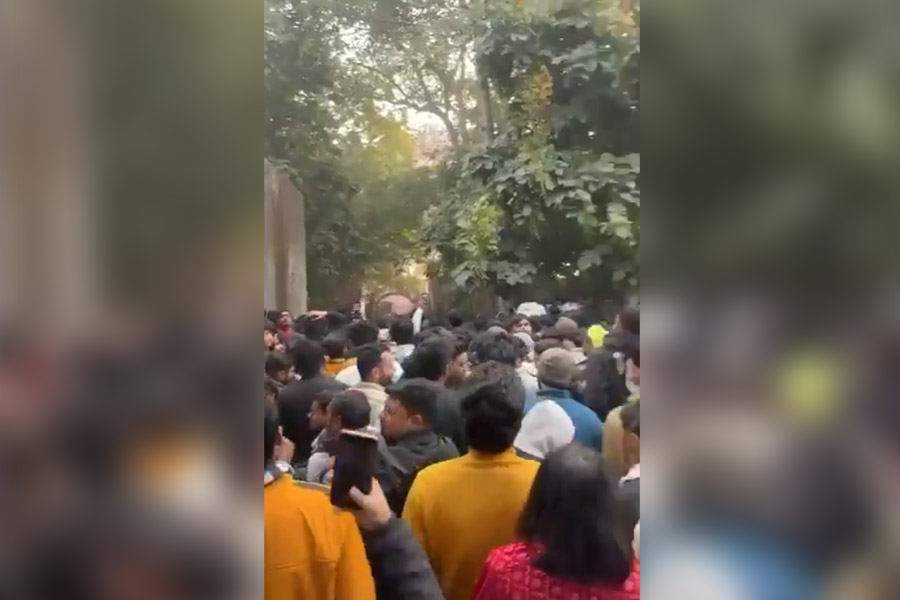Pakistan Prime Minister Shehbaz Sharif has officially tasked the country's premier spy agency ISI with the verification and screening of all civil servants, giving a legal cover to a practice that had already been in place but had not been formalised as part of the protocol, according to a media report on Saturday.
According to the Estab lishment Division notification in exercise of powers conferred on the Prime Minister, Sharif has notified the Directorate General Inter-Services Intel ligence (ISI) as the Special Vetting Agency (SVA) for verification and screening of all Public Office Holders (Officers Category).
The quoted laws empower the prime minister to amend or make rules for the civil bureaucracy, Dawn newspaper reported.
The direction was issued from the office of the Prime Minister on May 6, it said.
By doing so, the government has given legal cover to a practice that had already been in place but had not been formalised as part of the protocol, the newspaper said.
A senior official from the Establishment Division told Dawn on the condition of anonymity that the ISI and the Intelligence Bureau (IB) both send their reports about civil servants before the latter are posted on important assignments.
Reports are especially sent to the Central Selection Board (CSB) at the time of promotion of bureaucrats.
According to the official, notwithstanding the notification, the IB will continue to send its reports as per routine.
The official said that since the government has now given legal effect to reports issued by the ISI, these could henceforth be used in courts as valid legal documents, the newspaper said.
However, a former Estab lish ment Division secretary disagreed.
He noted that though the prime minister has the power to amend or make rules for the bureaucracy, it would have been better if the Establishment Division would have issued a Statutory Regulatory Order (SRO) to amend the Appointments, Promotions and Transfer (APT) Rules governing the civil bureaucracy if it wanted to give the ISI formal charge of the vetting process.
Unless the rules are amended, a mere notification will not legitimise the agency's report and it cannot be used as a valid document during judicial scrutiny, he said.
The official said they did not believe that vetting by the ISI is required in the initial appointment of civil servants through the Federal Public Service Commission (FPSC). He added that the agency may instead be asked to screen those officers inducted from the armed forces into the civil bureaucracy.
The clearance from intelligence agencies is not only an integral part of the promotion process for civil servants in Pakistan, but it also plays a key role in the appointment of judges to the superior judiciary, the paper said.
The Judicial Commission of Pakistan, headed by the chief justice, considers intelligence reports at the time of the confirmation and elevation of a Supreme Court judge, it said.


